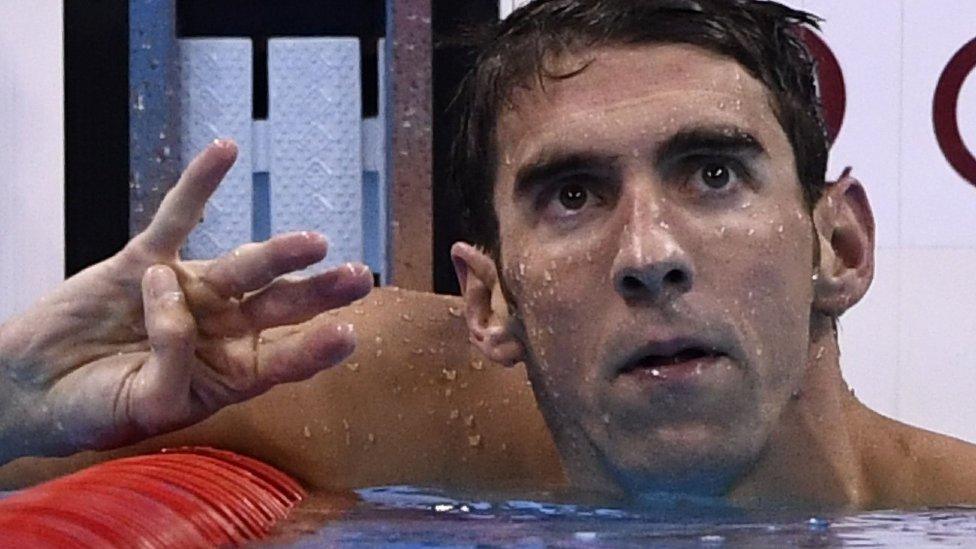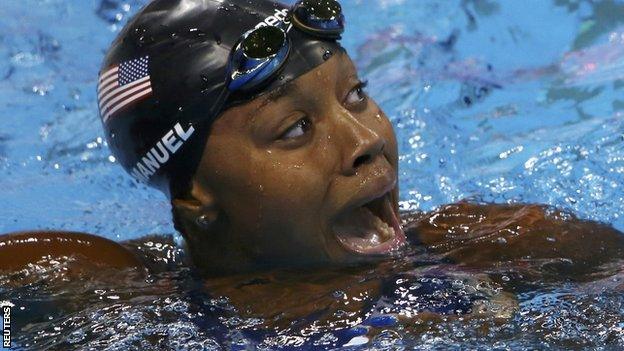Missed this week's top stories? Read our quick round-up
- Published
It's very easy for the news to pass you by in the week, so we have put together a round-up of the most important stories from the past few days - and where to read more about them on the BBC website.

Battle for Aleppo

The rebel coalition said it would double the number of fighters to retake the whole of Aleppo
An alliance of Syrian rebel factions claimed they had broken a weeks-long government siege of the country's second biggest city.
Damascus denied this, saying the rebels had been pushed back after intense air strikes by pro-government forces.
Distressing scenes inside an Aleppo hospital following the apparent chlorine attack
Separately, the UN launched an investigation into claims that a toxic gas - believed to be chlorine - was used by pro-government forces in an attack on Aleppo's rebel-held areas.
If confirmed, such an attack would amount to a "war crime", the UN said.

Trump's troubles

Donald Trump says he is not concerned that the Republican Party could cut him off
Republican presidential nominee Donald Trump endured several days of negative headlines after a string of controversial comments.
First, the billionaire contender described incumbent Barack Obama as the "founder" of the so-called Islamic State (IS).
Mr Trump also attacked his Democratic rival for the White House, Hillary Clinton, calling her a "co-founder" of the jihadist group, only to later say he was being sarcastic.
'Obama is founder of IS' - Trump
Earlier, the hotel developer-turned-politician appeared to urge his supporters to take up arms against Mrs Clinton to stop her from appointing liberal judges to the US Supreme Court if she won the November election.
Mr Trump later somewhat softened his rhetoric as polls suggested his support had been falling.
In addition, several leading Republicans have deserted Mr Trump.

Crimea conundrum

Russian state TV showed what the Kremlin described as "Ukrainian saboteurs" who had planned attacks in Crimea
Tensions between Ukraine and Russia escalated again, more than two years after Russia's annexation of Crimea.
Moscow accused Kiev of trying to stage armed incursions in the southern peninsula, showing on state TV what the Kremlin said were "saboteurs" working for Ukrainian intelligence.
Ukraine denied the claim as "preposterous", saying Russia had amassed tens of thousands of soldiers in Crimea.
The US later urged restraint by both sides.

Rio Olympics: Phelps and Manuel make splashes, Biles 'the greatest'

Michael Phelps now has 22 gold medals - more than any Olympian
Michael Phelps became the first swimmer to win four successive Olympic gold medals in one event - in the 200m individual medley.
It was the 22nd gold for the 31-year-old - a world record.

Simone Biles earlier won gold in the team event
In gymnastics, American Simone Biles gave a stunning performance to win the women's all-around Olympic gold medal.
The 19-year-old - described by many as one of the greatest ever gymnasts - had already led the US to victory in the team event.

Simone Manuel was shocked when she found out she had won a gold medal
Meanwhile, America's Simone Manuel became the first black female swimmer to win an Olympic gold medal.
Manuel and Canada's Penny Oleksiak claimed joint gold in the 100m freestyle final.

World's longest hunger strike over

Irom Sharmila had been protesting against the controversial Armed Forces Special Powers Act
In India, local activist Irom Sharmila ended her 16-year-long hunger strike against a controversial security law, in order to compete in local elections.
She tasted honey to symbolically break her fast in front of journalists.
Her campaign had led to her being detained and force-fed through a tube in her nose.
